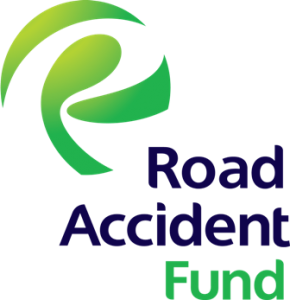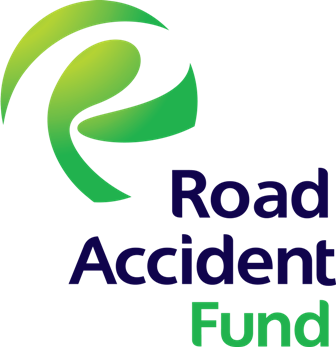As a result -claimants, service providers, stakeholders and caregivers, will have to wait a bit little longer for their claims to be processed.
RAF, for the past three years, had to contend with serious cash constraints which see the Fund unable to pay all amounts.
The statement read: “This is a result of a few legal firms whose actions have disrupted an established cash management plan which now inconsiderately prioritises them over those who have patiently been awaiting payment.
“Despite utilising all of the monthly fuel levy income of approximately R3 billion to make over 30,000 payments each month, a balance of R8,2 billion worth of payments to 5,200 creditors remains queued for payment over and above all that is paid.
While over 1,000 warrants of execution are received from sheriffs on a monthly basis, over 3,000 warrants still queue for payment and the attachment, removal and sale of RAF assets is an unfortunately common reality.
This reality has persisted despite a 50c increase in the RAF fuel levy two years ago and all stakeholders are informed of the continued financial challenges the Fund faces,” said release.
According to Dr Eugene Watson, CE at RAF -the Fund can only pay what it is able to and the cash management plan put in place two years ago endeavors to maintain regular payments to creditors.
The patience shown by thousands of claimants and their service providers is and remains appreciated, he said.
As an accident fund for Government, one would have not anticipated this blaring scenario to unfold but as minister of finance indicated during the Medium Term Budget Speech, RAF’s dispensation is expensive, unaffordable and unsustainable.
The attachment has adversely impacted the institution, disrupting its efforts to honour all its obligations and ensure it continues fulfilling its mandate to indemnify, compensate and rehabilitate car crash victims, despite not having sufficient funding.
“We apologise for any inconvenience caused and every effort is being made to resolve the matter speedily in order for the RAF to resume payments,” said Watson.
At the time of publishing department of transport had not responded for a comment.
Meanwhile, in 2016, it emerged that RAF was R100b in the red during Parliament sitting.
The deficit has been escalating over the past few years with the RAF struggling to keep up with thousands of claims in the backlog. Financial Services Board chief executive Dube Tshidi said in a report to Parliament the deficit had increased by more than 10 percent in the past year, according to IOL.
This has put more financial strain on the embattled RAF, which has for years been trying to get back on its feet. The government has capped claims paid to victims of road accidents to R100 000 after the RAF paid out a record R500 million settlement to a Swiss businessman, who lost his arm and leg in a motorcycle crash in Cape Town, more than 10 years ago.
This was the biggest ever settlement by the RAF in its decades-long history of paying out claims to victims of road accidents. The deficit has been increasing steadily over the years with the RAF battling to plug the hole.
In 2008 the deficit was sitting at R45 billion, but today it is more than double that amount.
Tshidi reported: “The accumulated deficit amounted to R110.3 billion as at 31 March 2015, compared to R90.9 billion as at 31 March 2014 and R73.6 billion on 31 March 2013.”
The RAF is one of the state entities that have been buckling under pressure. In the report Tshidi said the new law that would create a no-fault based system for accident claims would reduce the financial pressure on the system. The current system allows people to make claims based on the nature of their injuries.
Lawyers have been accused of fleecing the state on road accident victims by claiming large amounts and giving little to victims. The lawyers have also been accused of working with doctors and traffic officers who tout for them in hospitals.
The new law, based on the no-fault system, would be able to cut out all the middlemen in the system and pay the compensation directly to beneficiaries.
MPs have been pushing for the implementation of the new system saying it would save RAF billions. The new system, they contend, would enable poor victims to access the funds directly from the RAF than via middlemen.
Tshidi said in the report officials at the RAF were strictly monitoring cash claims.
“The RAF targets a cash-holding position sufficient to pay claims for at least two months in advance,” he said.
The backlog on claims has also been increasing over the past five years. In 2011 the claims were sitting at 209 000, but this dramatically shot up to 244 000 in 2012, rose again to 264 000 the following year and went to a high of 279 000 in 2014, before dropping to 232 000 in 2015.

